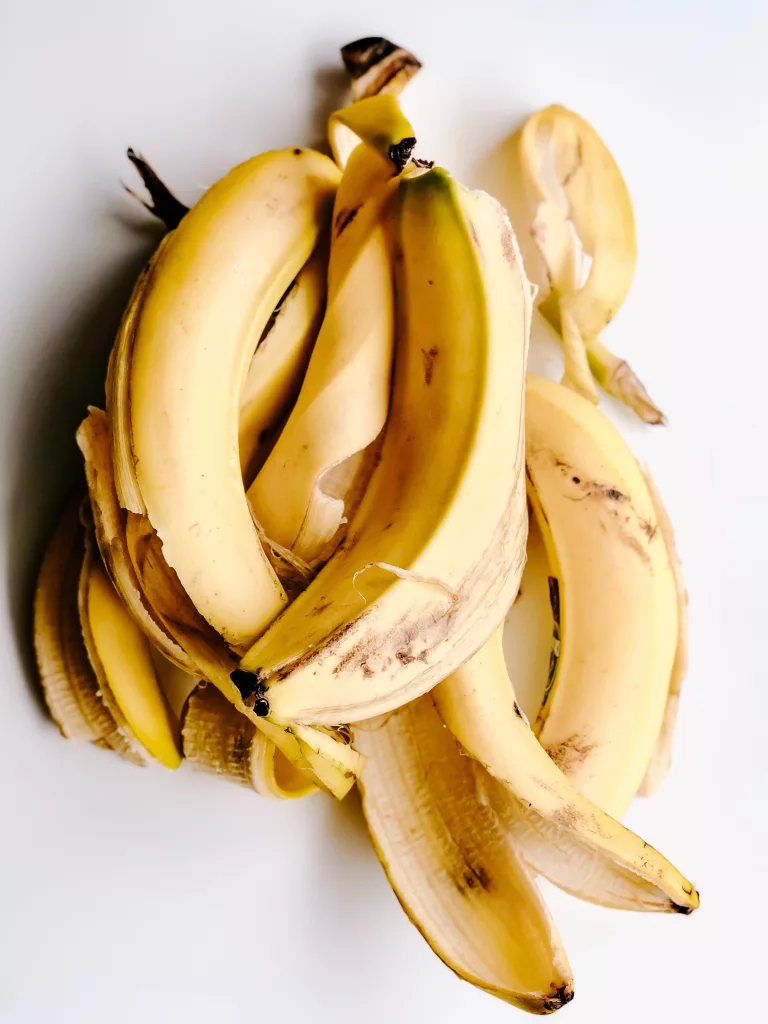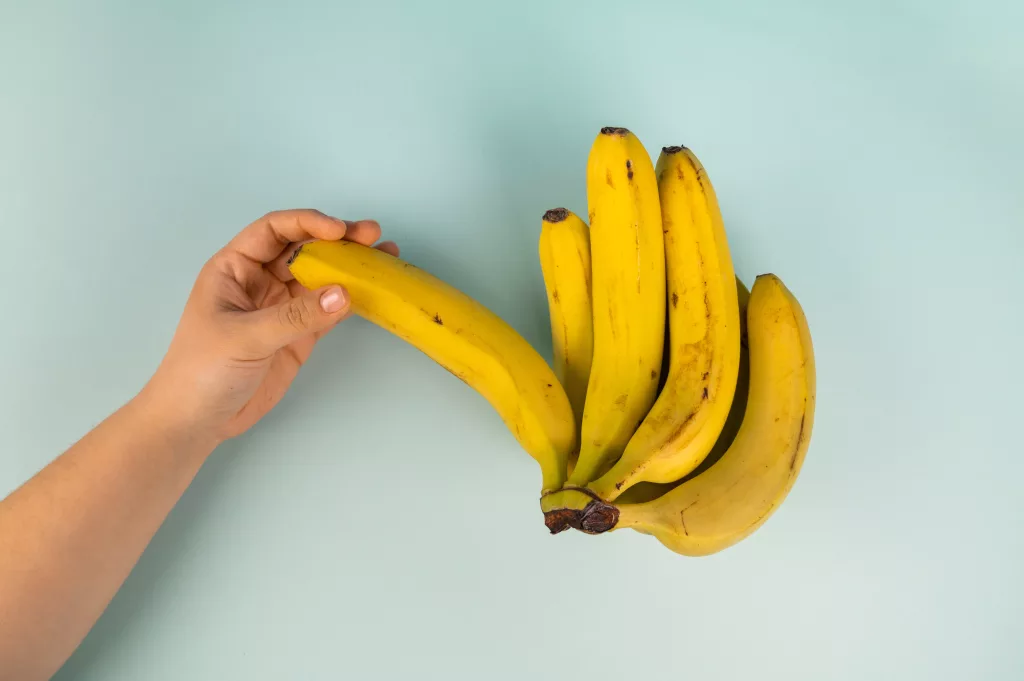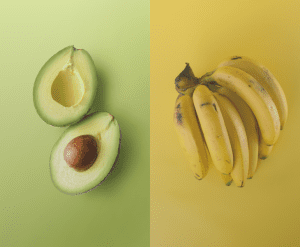When it comes to popular fruits, bananas are undoubtedly at the top of the list. Loved by people of all ages, bananas are not only delicious but also packed with essential nutrients. While most of us are familiar with their vibrant yellow color and creamy texture, there are still numerous fascinating aspects about bananas that remain unknown to many.
In this blog post, we will delve deeper into the nutritional value and benefits of bananas and uncover some lesser-known facts about this remarkable fruit.
Health Benefits of Bananas To Our Bodies
1. Nutritional Powerhouse
Bananas may seem simple, but their nutritional profile is anything but ordinary. These fruits are rich in vitamins, minerals, and dietary fiber, making them a fantastic addition to a balanced diet. One medium-sized banana (approximately 118 grams) contains around 105 calories and offers the following nutrients:

- Potassium: Bananas are renowned for their high potassium content. They provide about 9% of the recommended daily intake, promoting heart health and helping to regulate blood pressure.
- Vitamin C: A medium-sized banana supplies approximately 11% of the daily recommended intake of vitamin C, which supports the immune system and aids collagen production.
- Vitamin B6: With 22% of the recommended daily intake, bananas are a significant source of vitamin B6. This vitamin plays a crucial role in brain development and function, as well as in the production of red blood cells.
- Fiber: Bananas contain around 3 grams of dietary fiber, assisting with digestion and promoting feelings of fullness.
2. Ripeness Matters
The ripeness of a banana not only affects its taste and texture but also impacts its nutritional composition. As a banana ripens, its sugar content increases, making it sweeter. However, this process also leads to a decrease in resistant starch, which is a type of fiber that acts as a prebiotic, nourishing beneficial gut bacteria. Less ripe, greener bananas contain more resistant starch, while riper, yellow bananas contain more simple sugars.
3. Unique Antioxidants
Bananas contain several antioxidants, including dopamine and catechins, which provide various health benefits. Dopamine acts as a neurotransmitter that helps regulate mood, while catechins are known for their anti-inflammatory properties. These antioxidants contribute to the overall well-being of the body and may have a positive impact on brain health.

4. Banana Peels Aren’t Just Waste
Most of us discard banana peels without a second thought, but they actually have some interesting uses. While not commonly consumed, banana peels are edible and can be cooked or blended into smoothies. Additionally, banana peels have been found to contain antioxidants, such as lutein and zeaxanthin, which are beneficial for eye health.
5. Bananas and Sustainable Energy
Athletes and fitness enthusiasts have long recognized the benefits of bananas as an energy-boosting snack. Bananas provide a quick source of carbohydrates, natural sugars, and essential minerals, making them an ideal choice for pre- or post-workout fuel. The easily digestible sugars in bananas are rapidly converted into energy, helping to replenish glycogen stores and aid muscle recovery.
Bananas’ Nutritional Value
Bananas are a popular and widely consumed fruit that offers a range of nutritional benefits. Here is the nutritional value of a medium-sized banana, which is approximately 7 to 8 inches long (about 118 grams):
- Calories: 105
- Protein: 1.3 grams
- Fat: 0.4 grams
- Carbohydrates: 27 grams
- Fiber: 3.1 grams
- Sugar: 14 grams
Bananas are a good source of several essential vitamins and minerals, including:

Vitamin C: Bananas contain about 10% of the recommended daily intake of vitamin C. This vitamin acts as an antioxidant and helps support the immune system.
Vitamin B6: A medium-sized banana provides around 20% of the recommended daily intake of vitamin B6. This vitamin plays a vital role in brain development and function, as well as the production of red blood cells.
Potassium: Bananas are known for their high potassium content. A medium-sized banana contains about 400-450 milligrams of potassium, making it an excellent source of this mineral. Potassium is essential for maintaining proper heart and muscle function, as well as regulating blood pressure.
Magnesium: Bananas are a good source of magnesium, with a medium-sized banana providing around 8% of the recommended daily intake. Magnesium is important for maintaining strong bones and teeth, as well as supporting muscle and nerve function.
Bananas also contain small amounts of other nutrients, including vitamin A, vitamin E, vitamin K, folate, and trace amounts of minerals like iron and zinc.
In addition to their nutritional content, bananas are easily digestible and provide a quick source of energy due to their natural sugars (mainly glucose, fructose, and sucrose). They also contain dietary fiber, which aids in digestion and helps maintain healthy bowel movements.
Remember that the nutritional value of bananas can vary slightly depending on their size and ripeness.
Conclusion
Bananas are not just a delicious and convenient snack; they also offer a wealth of nutritional value and intriguing facts. From being a potassium powerhouse to their unique antioxidant content, bananas have much to offer in terms of health benefits.
So, the next time you enjoy a banana, take a moment to appreciate its remarkable qualities and remember that this humble fruit packs a nutritional punch like no other.
You can also visit our Facebook and YouTube pages to know more about plants and their health benefits.
You might also like:








